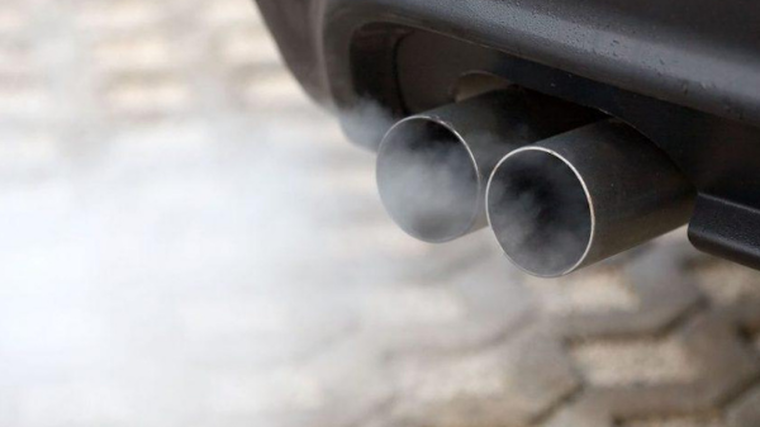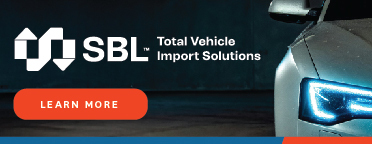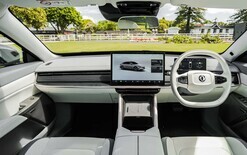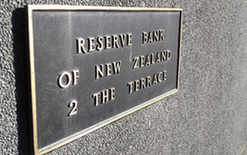Submitters back decarbonising fleet

The government is being urged to focus on accelerating electric-vehicle uptake and introducing a biofuels mandate in its bid to slash carbon transport emissions by 2050.
Submitters have called for the action in response to a discussion document released by the Ministry of Transport (MoT) in May.
Ministers and officials sought feedback on a range of policy options, including banning fuel-burning cars and vans from our roads, as they strive to make the transport sector net carbon zero by the middle of the century.
In a summary of submissions, the MoT says feedback on improving the passenger-vehicle fleet primarily came from business associations, including fuel suppliers, local councils, non-governmental organisations, academics and private individuals.
It adds: “Shifting our reliance from fossil-fuelled vehicles to EVs and low-emission fuels is essential if we are to decarbonise transport.
“Measures include incentive schemes for the uptake of low-emission vehicles, investment into charging infrastructure, using sustainable biofuels and sustainable aviation fuels, phasing out internal combustion engines (ICE) vehicle imports, and supporting councils to procure electric buses, among other measures.”
The summary says submitters are largely supportive of the MoT’s suggestions but recommend investment in mode shift take precedence over investment in individual passenger vehicles.
“Most submitters supported decarbonising the light vehicle fleet and prioritising policies to accelerate EV uptake and a biofuels mandate.”
General support for a biofuels sales mandate to immediately reduce emissions from the current fleet was on the basis that they were sustainably sourced and did not take up arable land that should be used for food production.
Suggested policies from submitters to decarbonise light vehicles include ending ICE vehicle imports by 2025, incentivising people to trade in high-emissions vehicles for e-bikes or cash, and introducing different road user charges to incentivise the uptake of low-emissions cars.
There is also plenty of support for the clean car standard and discount, the phase-out of ICE vehicles – provided reasonable alternatives are available – and scrappage schemes to remove polluting vehicles from our roads, according to the MoT.
“A few submitters supported a ban on the marketing of large, fuel inefficient SUVs and utes,” the summary says.
Battery concerns
Submissions also called for integrating changing the way people travel with improving passenger vehicles and the decarbonisation of the light vehicle fleet.
“Various groups expressed concerns that accelerating the uptake of EVs would take precedence over mode shift away from vehicles and car ownership. These submitters positioned reduced vehicle ownership as first priority.
“Many submitters also expressed concerns about of the feasibility of recycling EV batteries, a lack of charging infrastructure, EVs being charged with non-renewable electricity sources, and the overall supply of EVs.”
The MoT received 769 submissions, of which three-quarters were on a template from Greenpeace, and 93 per cent supported the move to eliminating transport emissions.
At the same time, 81 per cent of respondents called for greater ambition when setting policies.
The submissions to “Hīkina te Kohupara: Transport Emissions Pathways to Net Zero by 2050” closed at the end of June and will help inform the government’s draft emissions reduction plan, which is due to be released by the end of the year.





